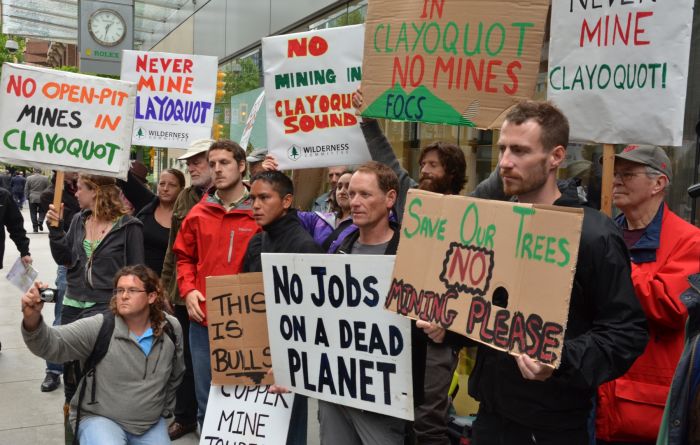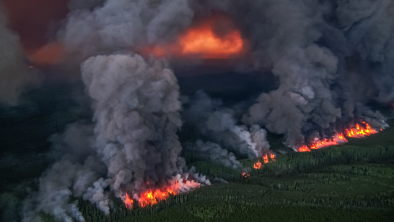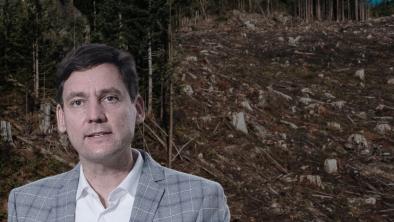B.C. issues contentious mineral-exploration permit in Clayoquot Sound
Vancouver Sun

Natives in Tofino are outraged that the B.C. government has issued a mineral-exploration permit for an area of Clayoquot Sound in which they have declared a tribal park.
The Tla-o-qui-aht First Nation is seeking a meeting with Energy and Mines Minister Bill Bennett to outline its opposition to Vancouver-based Selkirk Metals Corp., a subsidiary of Imperial Metals Corp., exploring for gold in the Tranquil Valley, about 20 kilometres northeast of Tofino.
Saya Masso, Tla-o-qui-aht natural resource manager and councillor, said Monday his people support sustainable development in tribal parks, including low-impact tourism, hatcheries and green energy, such as appropriate run-of-river projects — but not a mine.
“We’re the ones who have to bathe in the river and eat the fish in it, and there’s been nothing to convince us that this is something good for our grandchildren,” he said in an interview.
“We’re trying to restore the fish and the trees. This will jeopardize all our conservation efforts.”
Steve Robertson, vice-president of corporate affairs for Imperial Metals, could not be reached to comment.
In a letter dated Aug. 15, senior mines inspector Ed Taje said that consultation with natives had been “meaningful and sufficient” and that aboriginal interests would be “minimally impacted” by authorized activities under Selkirk’s Fandora exploration project.
The permit states that should exploration encounter an archaeological site, work “shall be suspended or modified in such a manner as to ensure that the site is not damaged, desecrated or otherwise altered ….”
Selkirk also must cease activity in the “immediate area” of a stream or water body being used for ceremonial bathing, and natives must be notified of any sites where water is removed from Tranquil Creek.
The company must also make “every reasonable effort” to accommodate native hunting and traditional harvesting in the area, and allow passage of natives through work areas as it is safe to do so.
Ministry spokesman Matt Gordon said that exploration permitting is a statutory decision under the Mines Act and does not involve the minister, but that Bennett “would be happy to meet with the Tla-o-qui-aht First Nation and is waiting for details to be arranged.”
The Tla-o-qui-aht have declared a total of four tribal parks, including the famous old-growth rainforests of Meares Island.
Native opposition to mining in the area is supported by the Wilderness Committee, Greenpeace, Friends of Clayoquot Sound, Clayoquot Action, and Sierra Club B.C.
Torrance Coste, Vancouver Island campaigner with the Wilderness Committee, noted that while “tribal parks are not recognized by the government or other officials right now” they should be encouraged because they support “more sustainable, more environmentally friendly development. We share their (aboriginal) frustration that the province is not listening.”
Coste noted that small-scale mining activity occurred at the Fandora site several decades ago, but that Selkirk wants to go back and conduct more intensive work.
Issuance of an exploration permit is a preliminary step only and does not mean that a mine would necessarily be approved if commercially viable deposits are discovered. “If the company chooses to move forward, they would proceed to the pre-application phase of Environmental Assessment,” Gordon noted.


